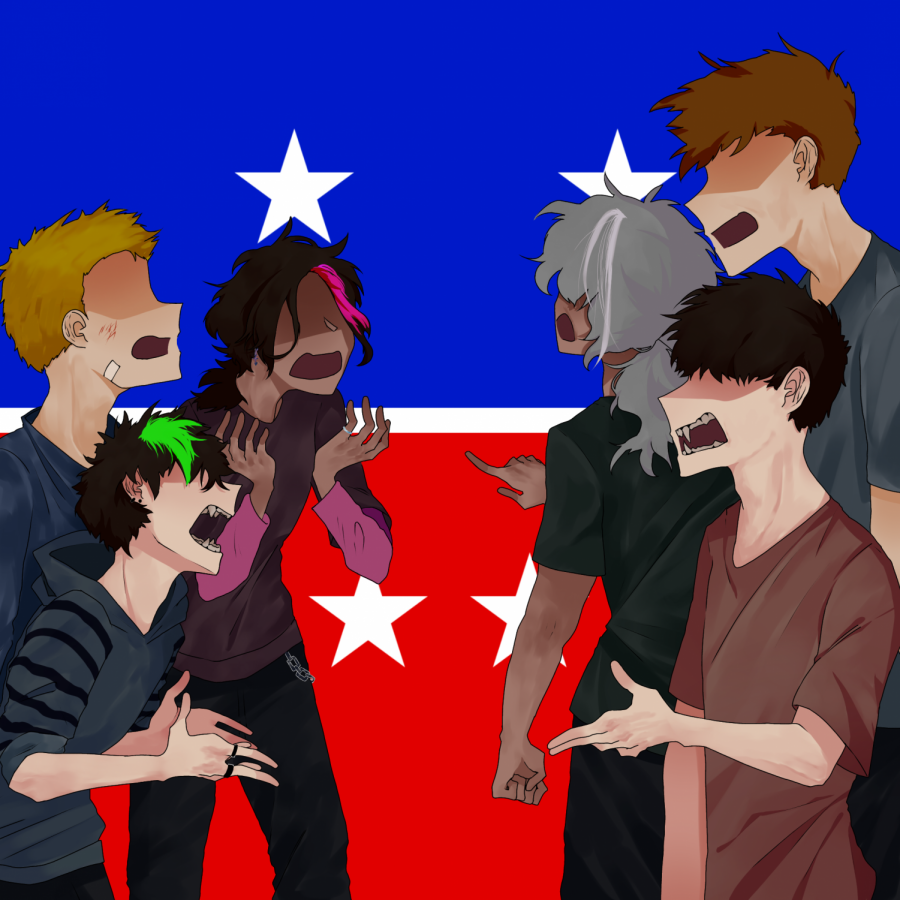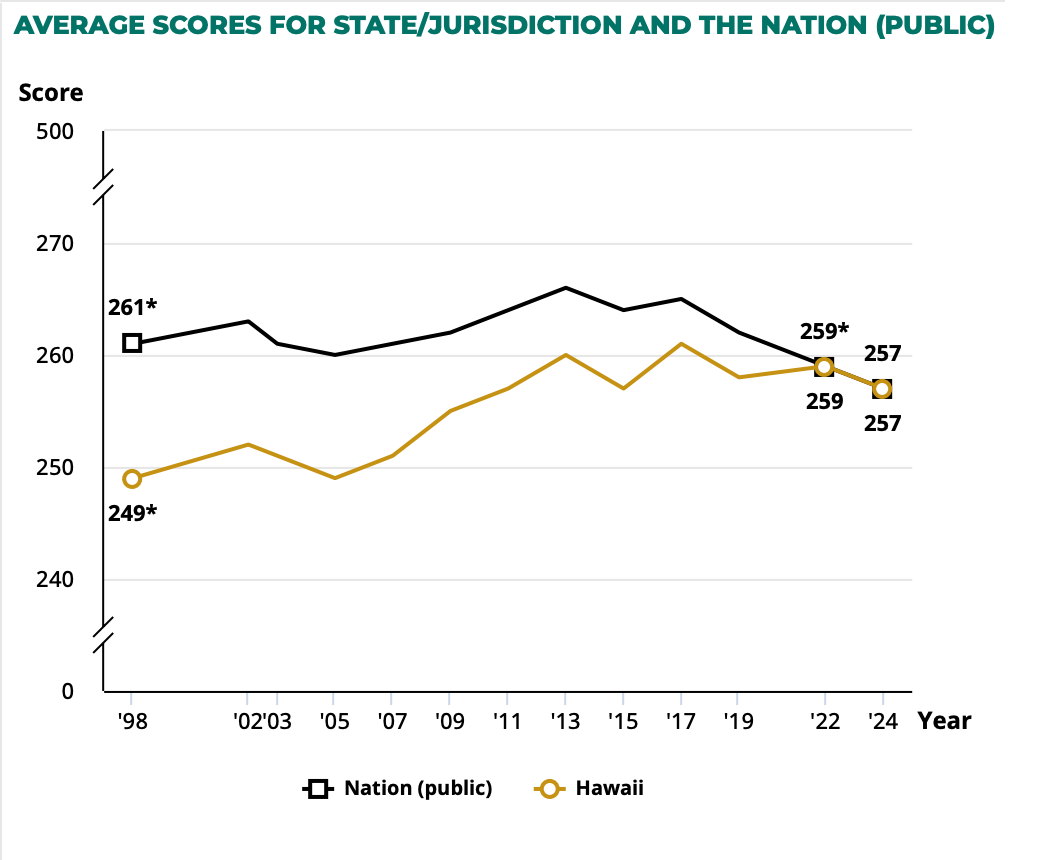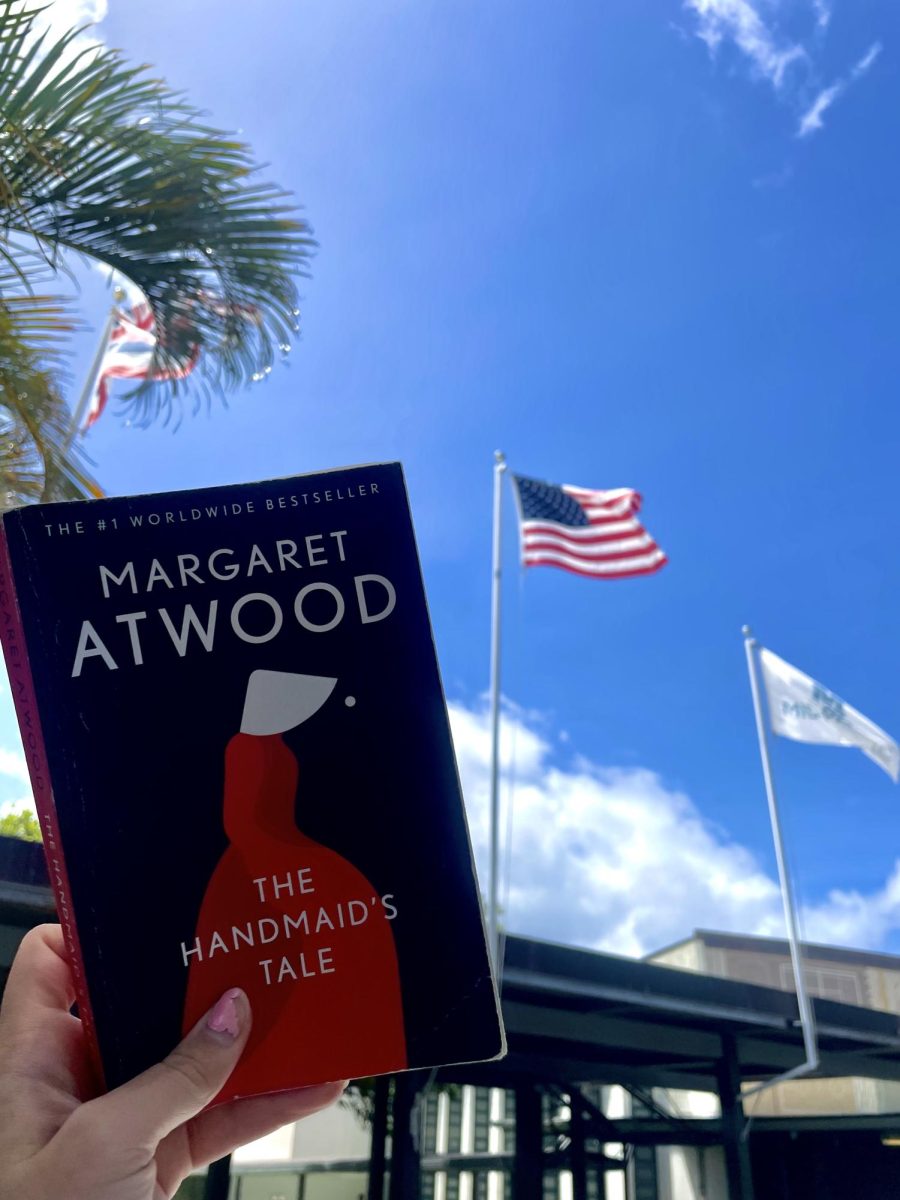Students begin voicing their own political opinions with their parents
May 14, 2021
With so much time locked inside, teenagers’ relationships with their parents never looked more complicated.
In a very eventful year full of chaos and surprise, teens became more involved than ever before in politics, activism, and finding their own identity.
Voicing their opinions became easy through social media and access to information came with the platform as well.
With this rise in the younger generations voice came conflict. For most, it sat between their opposing political and social views to their parents.
Junior Lukas Mathews felt this was nothing entirely new for his family, because most conflict had arrived with the 2016 election.
“We didn’t really talk about it. We knew mom and dad disagree on politics and me and my brother knew that, but we didn’t have that advanced understanding of it. When the election happened, my family dynamic changed in a way that when we brought up political issues, we would be very careful with what we said,” said Mathews.
14 out of 50 students responded yes, when asked the question “Do your parents have opposing political or social views to you?” In a survey done on Napueo’s Instagram.
For a fifth of U.S. teens, 21 percent are “more liberal” than their parents and seven percent are “more conservative” which showed in a study done by the Atlantic.
Changing times didn’t always mean changing people and that’s where many teens values don’t align with their parents.
Senior Jenna Louie felt this meant she had to maintain a somewhat restricted relationship with her parents in order to peacefully coexist with them.
“Politics is a topic we avoid talking about because there are a lot of opposing views and since our generation loves to talk a lot about what’s happening in the world, it can be kind of hard sometimes,” said Louie.
Not only politics, but our identities and the things we stand for have become very prevalent in a teenagers’ day to day life.
In an email interview with freshman Naiya Siple, she said there is a gap in her and her mothers understanding of right and wrong.
“She says things like ‘people are so sensitive nowadays you can’t say anything’ instead of just understanding that it makes a large group of people uncomfortable and it’s so easy to avoid saying it,” said Siple.
Having to confine one’s true feelings can take a toll on one’s mental health.
Dean Jennie Purvis said she has had a lot of students come to her who feel their values are different from their parents, and now sees that is typically the root to all conflict.
“If everyone could press pause, take a breath, and ask each other the why – why do you want to do this, why is this important, and listen to each other, then those differences turn into communication and understanding,” said Purvis.
High school is where most students find their passions and beliefs. It is a time of growing and learning, yet their knowledge and actions can be easily underestimated because of their age.
Louie says most of the time her parents listen and try to respect her, but age is a huge contributing factor to not being taken seriously.
“Older generations might see what younger generations are doing, as far as activism, and think it’s bandwagoning because we are influenced a lot by social media and what our peers do,” said Louie.
Whether it is because your parents said you can’t do this or to stop believing in this, Purvis says that parents are more similar to their children than they might think.
Mathews said that his parents’ upbringing plays a big role in their political views today, and with each situation comes a slightly altered opinion.
“At first it was why don’t you do this, but at the same time, I also saw his points because he is my dad, and the main thing we could do was to find a happy median where nothing was uncompromisable,” said Mathews.
Siple has the same understanding, as she’s learned to approach situations with the reminder of her parents’ upbringing.
“I’m always the one who has to give up. If I can’t show them why something is wrong, there’s no point in fighting it. I have to remind myself they grew up differently and society wasn’t as adaptive and welcoming as it is now,” said Siple.
When you feel like the world doesn’t understand you, you might feel the need to push back on the world.
There has been a forever saying to avoid the topics of politics and religion at the dinner table, but Purvis thinks now more than ever, you should be including those topics in conversation.
“Before you get too angry or rebel or let your thoughts tumble out into dark places, try to cultivate a good relationship with your parents so that when these harder topics come up you have that foundation and that feeling of safety,” said Purvis.
If what you’re doing isn’t working, being honest and expressing your concerns may be the way to go.
“The more important conversation may be, ‘I don’t feel safe to talk about this because I feel like we will get in a fight, but I want to understand where you come from and you to understand me,’” said Purvis.
Siple had some advice for parents, giving a new perspective on how they should start acting.
“Listen to your child as if they are an adult. They probably know more about these types of topics than you do, and just because we’re younger doesn’t mean we’re stupid or incapable. Being closed minded won’t get you anywhere in life and won’t get you anywhere with your child,” said Siple.







